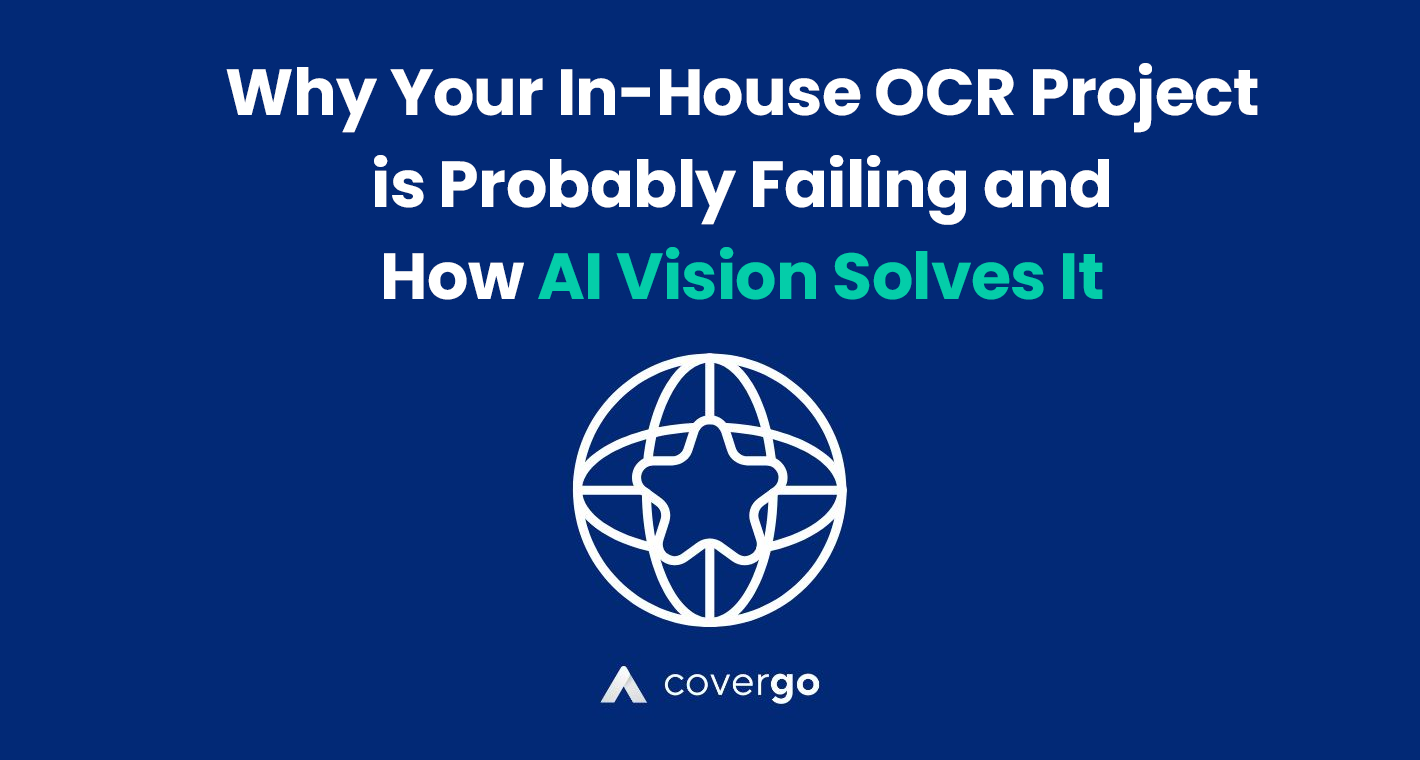Insurance claims management is a critical aspect of the insurance industry that plays a vital role in ensuring timely and efficient settlements for policyholders. As technology continues to evolve, so does the landscape of claims management. In this article, we will delve into the latest trends shaping the field and their potential impact on improving customer experiences and streamlining operations.
1. Automation and Artificial Intelligence (AI)
Automation and AI technologies have become indispensable tools in insurance claims management. By leveraging these technologies, insurers can streamline workflows, reduce manual tasks, and improve accuracy. AI-powered chatbots and virtual assistants can provide real-time customer support, while automated claims processing systems can handle repetitive tasks, such as data entry and document processing. Additionally, AI algorithms can help detect fraudulent claims, enabling insurers to mitigate risks effectively.
2. Advanced Data Analytics and Predictive Modeling
With the abundance of data available, insurers are increasingly turning to advanced data analytics and predictive modeling to enhance claims management. By analyzing historical data, insurers can identify patterns, detect anomalies, and make more accurate predictions about claim outcomes. Predictive modeling allows insurers to allocate resources more effectively, identify high-risk claims, and expedite settlements, resulting in improved customer satisfaction and reduced costs.
3. Mobile Claims Processing
In the age of smartphones and mobile apps, insurers are embracing mobile claims processing to offer convenience and efficiency to policyholders. Mobile apps enable customers to file claims, submit documents, track claim statuses, and communicate with insurers on the go. This shift towards mobile claims processing enhances the customer experience, reduces paperwork, and expedites claims settlement, ultimately boosting customer satisfaction.
4. Digital Documentation and Imaging
The transition from paper-based documentation to digital records and imaging is gaining traction in the insurance industry. Document management systems and optical character recognition (OCR) technology enable insurers to digitize and process claim-related documents seamlessly. This not only reduces the physical storage burden but also improves accessibility, enables faster information retrieval, and enhances data security.
5. Focus on Customer Experience Enhancement
Insurance companies are recognizing the importance of providing an exceptional customer experience throughout the claims management process. This involves personalized communication, proactive updates, and self-service options. By embracing digital channels and intuitive user interfaces, insurers can empower policyholders to track claim progress, submit documentation, and receive real-time updates, leading to increased satisfaction and loyalty.
6. Collaboration and Integration
Insurance claims management often involves multiple parties, including policyholders, adjusters, service providers, and third-party administrators. To optimize efficiency and communication, insurers are fostering collaboration and integration with these stakeholders. Seamless data exchange, integrated systems, and standardized processes enable faster information sharing, reduce errors, and improve transparency among all parties involved.
7. Embracing Emerging Technologies
Emerging technologies, such as telematics, the Internet of Things (IoT), and blockchain, are finding their way into insurance claims management. Telematics devices and IoT sensors provide insurers with real-time data related to accidents, driving behavior, or property conditions, facilitating faster and more accurate claim assessments. Additionally, blockchain technology offers transparent and secure record-keeping, enabling efficient claim settlement, reducing fraud, and improving trust between insurers and policyholders.
Conclusion
The insurance industry is undergoing significant transformation, and insurance claims management is at the forefront of this evolution. Automation, AI, advanced data analytics, and mobile technologies are revolutionizing claims processing, enhancing efficiency, and delivering superior customer experiences. By embracing these latest trends, insurers can optimize operations, reduce costs, and build stronger relationships with their policyholders. As technology continues to advance, it is crucial for insurers to stay agile, adapt to change, and embrace innovation to remain competitive in the evolving landscape of insurance claims management.



